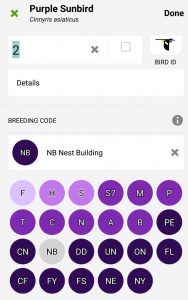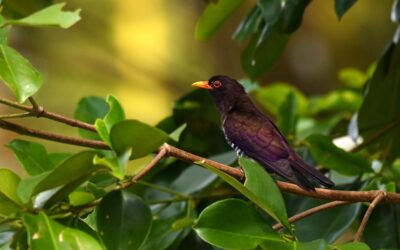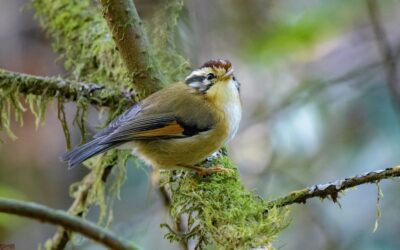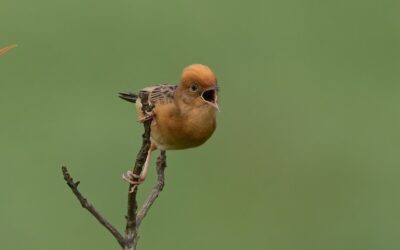Congratulations to all for an immensely successful Great Backyard Bird Count (GBBC) and Campus Bird Count (CBC)! Birders in India participated from so far and wide that we reached 1000 species for the first time and have become one of very few countries to do so! Please upload your remaining GBBC lists by 10 March 2022.
GBBC signals the onset of spring and summer with many resident species beginning their breeding activities and winter migrants preparing to begin their long journeys back to their breeding grounds. The challenge for March involves documentation of breeding behaviours while monitoring changes in bird composition and numbers at locations previously visited during winter.
The challenge for March is to upload at least 31 eligible lists* out of which 2 should be from 2 different hotspots where you eBirded during the previous three months (December 2021 to February 2022). At least 8 checklists should have observations that include a breeding code that is not “F – Flyover” or “H – In appropriate habitat”, so go out and look for breeding behaviours!
In the two hotspots that you monitor in March, do note changes from your previous visits and include this information in species and checklist comments for us all to see and learn from 🙂 [not mandatory]
Breeding behaviours include singing, courtship, nest building, etc., but March may be most associated with the advent of birdsong that is more complex than their winter ‘calls’. Asian Koel is already beginning to sing in many parts of the country and larks are in the air singing and displaying. Many winter migrants may also begin singing in March to practice for their breeding season further north. To add a breeding code to an observation in the eBird App, tap the species name, tap on ‘Add breeding code‘, and select the appropriate purple circle that is closest to your observation (see the example below). (Please note again, F and H are not breeding codes and do not qualify).

Learn more about breeding and behaviour codes here.
While birding, please ensure that you adhere to COVID-19 related instructions by central and local authorities.
Please upload all your lists by 10 April 2022 so that we can announce the results soon after that.
* eligible checklists are those that report all species seen/heard (and are therefore marked ‘complete’), report numbers for all species rather than Xs, and are of at least 15 minutes or longer in duration
Here are the general rules of our monthly challenges. And check out the yearlong challenges for 2022 as well! You can keep track of fresh lists coming in from India on this page.
A list of challenges at the global level can be seen here. The global eBirding challenge of the month will be posted soon.
For those new to eBird, read the brief description, and go through our detailed beginner’s guide; create an account and start using eBird right away to get used to the platform.
Header Image: Hooded Pitta Pitta sordida by Aseem Kothiala/ Macaulay Library.




